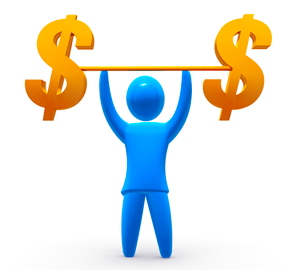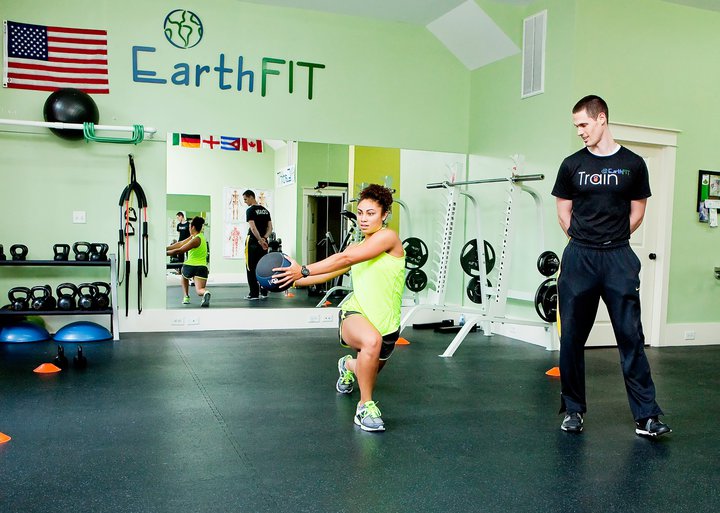Like it or not, we’re in a slumping economy. In fact, many experts agree that this is the worst we’ve seen since the Great Depression of the 1930’s. You’d like to earn more money, who wouldn’t? Here’s a thought: start exercising! Yes, you heard (read) that right.
A new Cleveland State University study, published in this Journal of Labor Research, found that people who exercise just three hours a week earn at least 9 percent more than their less physically active counterparts. You might be wondering what’s the link between Beaufort fitness and higher wages? There are several possible explanations according to experts and Beaufort personal trainers. With regular exercise, your performance improves, and you become a more efficient employee. You can perform quicker and better, which, eventually, translates into more money.
How exactly does physical activity make you a better worker? It creates the right physical and mental conditions that help boost your on-the-job productivity, Here are a few tips to improve your system and keep you going:
Exercise builds your strength, endurance, and stamina, which are essential for certain types of jobs.
Tired, listless people are not efficient workers. However, Georgia University researchers found that even low-intensity workouts can reduce fatigue by 65 percent and boost energy levels up to 20 percent. When your batteries are recharged, you will be more efficient.
Physical activity releases endorphins and other “feel-good” chemicals in the brain that lift our mood, reduce tension, stress, and anxiety – some of which might be work-related in the first place.
Exercise boosts immunity to cold and flu viruses, so you are less likely to get sick and miss work.
To get all these work-enhancing benefits, We at EarthFIT recommend an exercise program that includes resistance and interval training, which will build your strength, provide a great cardio workout, and burn your calories and fat like a furnace. But what if you are not employed and don’t earn any money – should you still exercise, even if it won’t yield any monetary benefits? You should certainly not think of physical activity exclusively in terms of dollars and cents.
For instance, if you are retired you will benefit from an exercise program that helps strengthen your bones, increase your balance and stability, keep your joints flexible, and your memory and cognitive abilities intact – all the ailments that tend to affect older people. You may not directly get a monetary reward, but you will benefit because exercise will improve your health and enhance your quality of life, and reduce your doctors’ bills… whatever your occupation or activities are.






 YES! Contact me today to schedule a FREE no obligation consultation and trial workout.
YES! Contact me today to schedule a FREE no obligation consultation and trial workout.